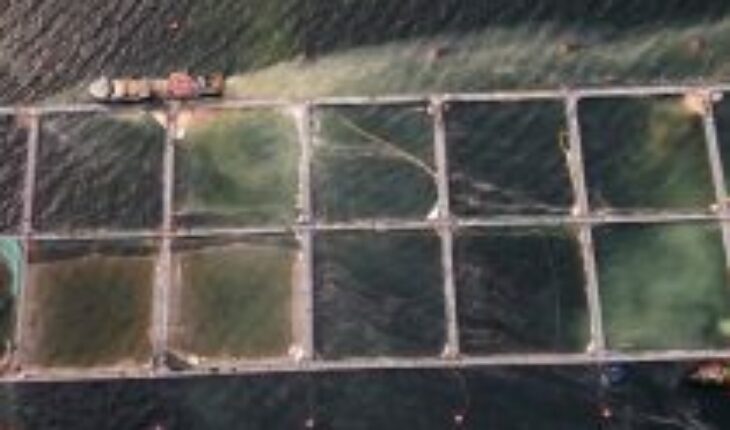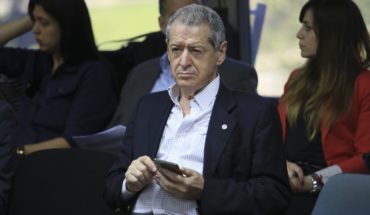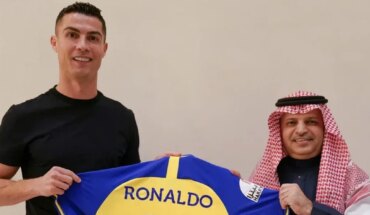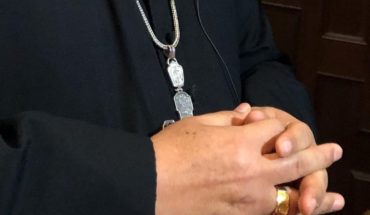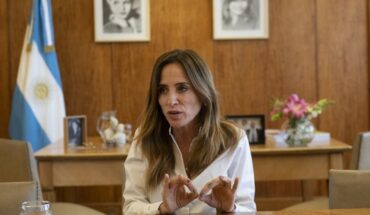“We would like to know what the salmon farm wants to do in our territory, because so far the benefit and participation we have is zero.” Ana Leviñanco (64), a native of the island of Caguach, one of about 45 islands in the Chiloé Archipelago, is worried. And it’s not the only one.
The company Salmones Antártica presented a project that consists of the expansion of biomass of the Caguache Cultivation Center -located on that island-, from 3,600 to 6,600 tons per year, whose activity was approved by the environmental authority through Qualification Resolution No. 541/2012.
“The objective of this project is to increase the production of authorized biomass, which is currently 3,600 tons per year, to 6,600 tons per cycle, through a sustainable use of hydrobiological resources,” the company informed the Environmental Assessment Service (SEA)
On December 15, the two Huilliche communities of Caguach; Piedra Funda and Las Dalias, requested before the SEA of Los Lagos that citizen participation days be held with the aim of being considered when making decisions for this megaproject.
The company has requested an expansion of biomass through an Environmental Impact Statement (DEA), since, as they point out, its impact conforms to current environmental regulations, that is, it would not generate negative externalities for the territory. Faced with this, the organization Defendamos Chiloé, the Sovereign Archipelago Movement and the Network of Social, Territorial Organizations and Assemblies of Los Lagos (ROSA) and the indigenous communities of Caguach have requested citizen participation in the construction and execution of the project.
“Citizen participation seems important to me, basically because we, those who live in this land, are the main ones affected by the different policies that are adopted or the different companies that want to come to these territories,” says Mariela Peranchiguay, a lawyer originally from the community of Caguach. “For the same reason, it is important that we, as inhabitants of the island, can know what the project as a whole is about and that we can have an informed opinion about it.”
According to the communities, the project, located in an area requested in 2018 through the Lafkenche Law as a Maritime Coastal Space of Indigenous Peoples (ECMPO), puts at risk the health of the population due to the quantity and quality of effluents, emissions or waste, generates significant adverse effects on the quantity and quality of renewable natural resources, produces a significant alteration of the life systems and customs of human groups, is located near populations, resources and priority sites for conservation, significantly alters the landscape value of the area, and alters monuments and sites with anthropological and historical value belonging to the cultural heritage.
Rosario Almonacid Gueicha, president of the Piedra Funda indigenous community, points out that “I would like to be at a participation table with the salmon farm, especially to tell them about the damage they have done to us, the damage they have done all these years since they are here on the island: we have lost many marine resources, the issue of algae has also been lost, product of the chemicals they throw away. I hope this can change. I have never been a friend of the salmon farms because they have never invited me to participate in any conversation, they have made us invisible as an indigenous community even though they are in our sea and I hope that through citizen participation that can change so that there can be a territorial development together. ”
“They have made us invisible as an indigenous community”: Communities of Chiloé request citizen participation in the expansion of the salmon project
December 18, 2021 |
